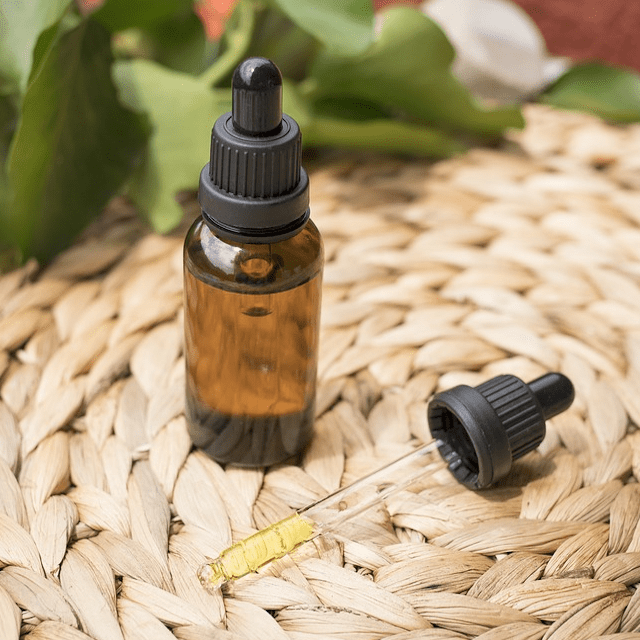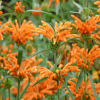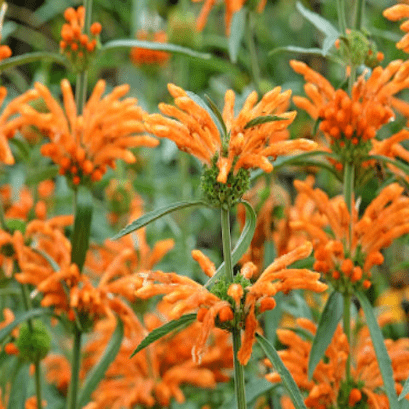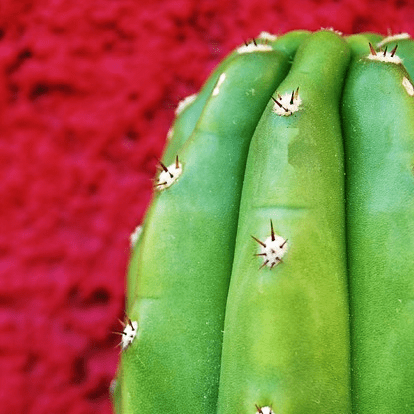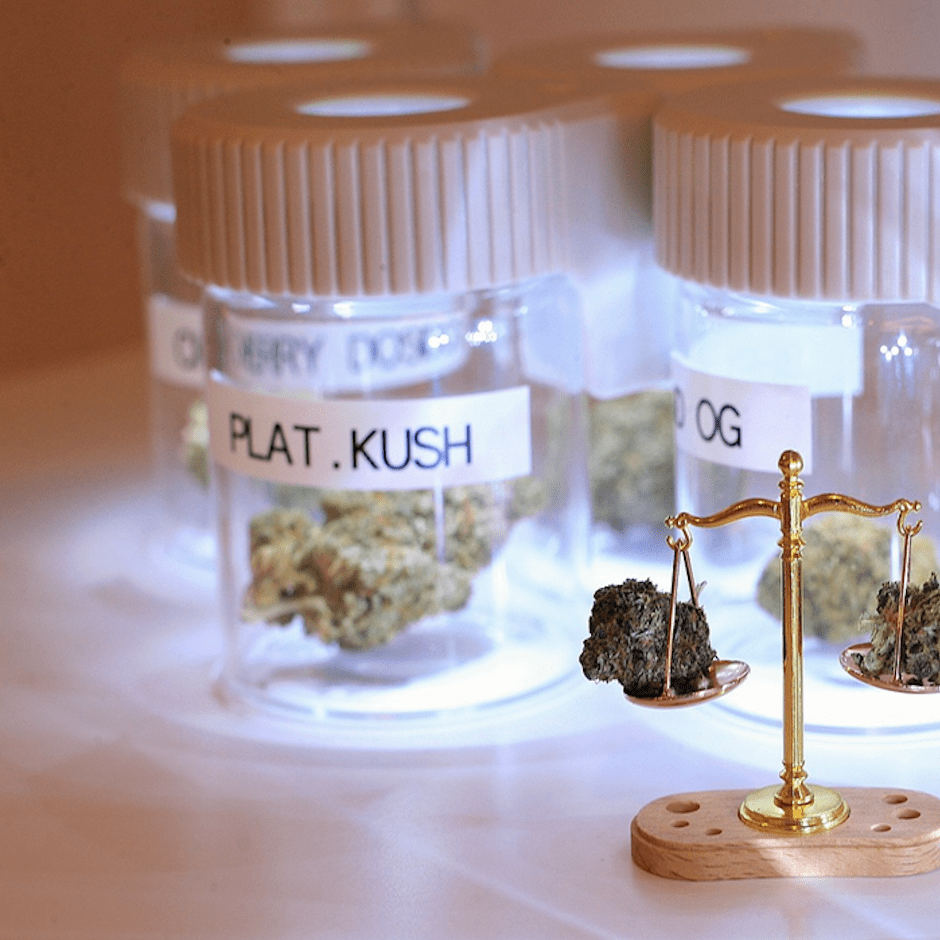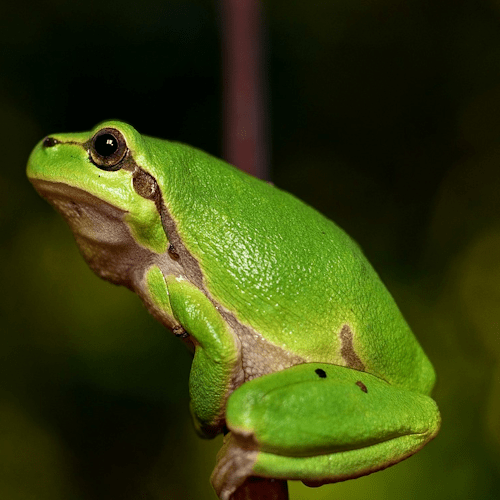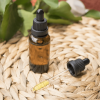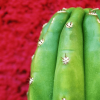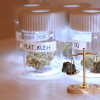Have you ever been confused about the differences between tinctures and extracts? Don’t worry, you’re not the only one! These two terms are often used interchangeably, but they actually have different meanings and uses.
A tincture is a concentrated liquid obtained by soaking specific plant parts, such as leaves, roots or flowers, in alcohol or another soluble substance. The process of making a tincture involves maceration, in which the plant materials are soaked in the liquid until the active ingredients are completely dissolved. This creates a potent solution that can be easily dosed and has a long shelf life.
Examples include Mulungu, Guayusa and Blue Lotus.
Table of Contents
How is a tincture used?
Tinctures can be taken through various methods, such as adding them to drinks, using them sublingually (under the tongue) or taking them directly. As tinctures are concentrated, it is important to respect the recommended dosage, and it is always advisable to seek advice from an expert before using any tincture. [1]
Tinctures generally have a long shelf life and are very effective in preserving the powerful properties of the original plant. They are often used in natural medicine and can be used for a variety of purposes, such as relieving stress, improving sleep and supporting the immune system. [2]
What is an extract?
An extract is similar to a tincture, but the difference lies in the soluble substance used. Whereas tinctures usually use alcohol as a solvent, extracts can use water, alcohol, glycerin or vinegar. This allows people who are sensitive to alcohol to still enjoy the benefits of plant extracts without worrying about alcohol intake.
An extract is actually very similar to a tincture, with one important difference: while tinctures are only made using alcohol as a solvent, extracts can also be made using other solvents, such as water or glycerin. The main advantage of extracts is that they are suitable for people who are sensitive to alcohol, as they can be produced without alcohol as a solvent.
How is an extract used?
Like tinctures, extracts can be used in different ways, depending on the type of solvent used. Water-soluble extracts can be added to drinks or food, while alcohol-soluble extracts are used in a similar way to tinctures. The choice of solvent can also have an impact on the flavour and concentration of the extract. [3]
Which is better? Tincture or Extract?
The difference between tinctures and extracts comes down to how they are produced and the properties each type of extract has. Tinctures are the powerhouses in concentrated liquid form, and extracts are more versatile thanks to the different solvents that can be used.
Are tinctures safe to use?
Yes, tinctures are generally safe to use, but it is always recommended to follow dosage instructions and seek advice from a health professional.
As with tinctures, users of extracts should be careful with dosage and discuss any side effects with a professional.
Sources:
[1] https://www.quora.com/What-is-the-difference-between-using-a-tincture-versus-using-an-extract
